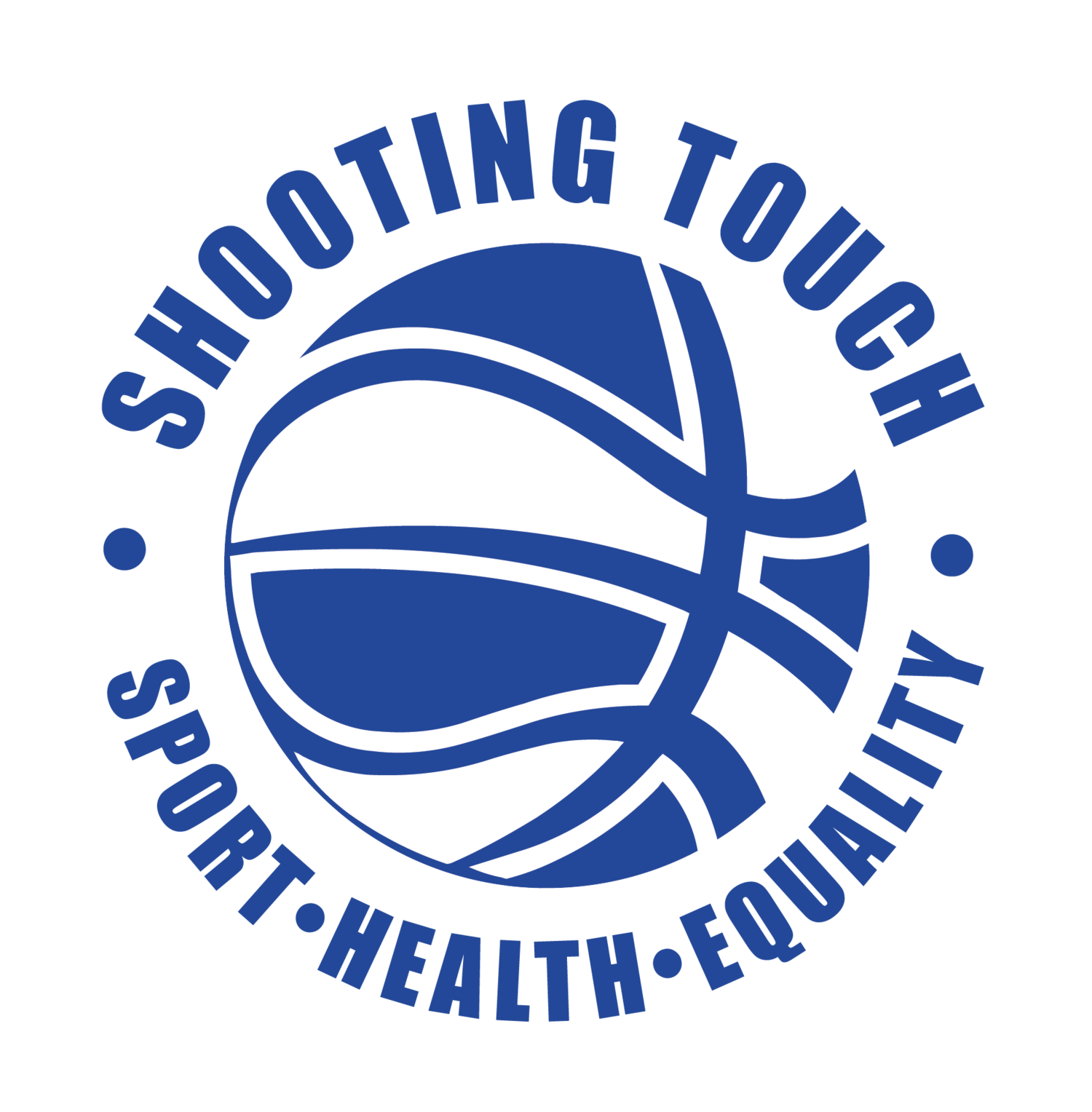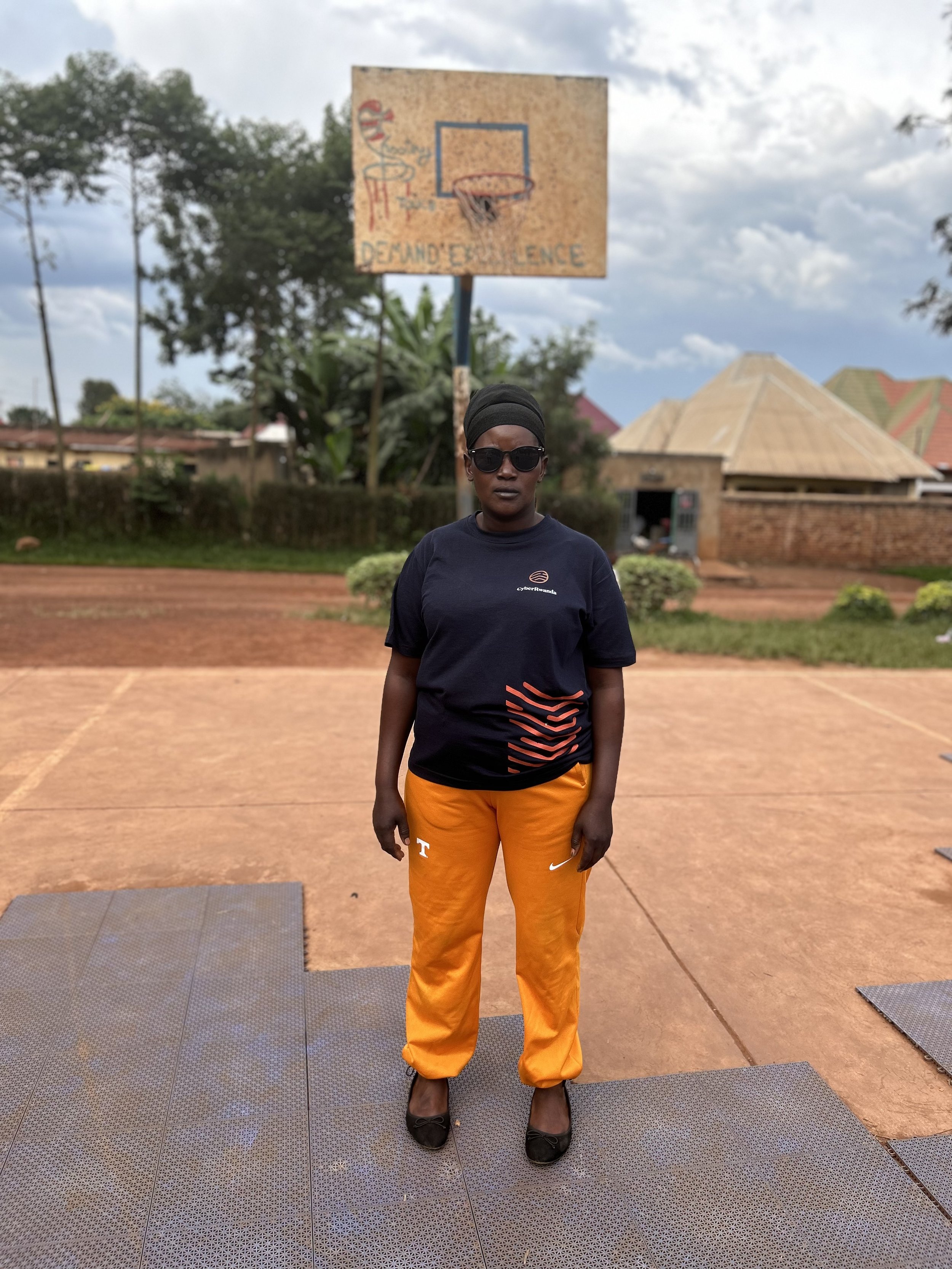Much has changed since my previous attempt to organize my thoughts and articulate what life has been like in Rwanda thus far. The very start of the year marked a rapid period of transition that left little time for reflection, as I quickly had to adjust to life in a new country as an outsider.
The first few weeks were effortlessly exciting due to all the novel stimuli. Upon disembarking from the plane late at night, I immediately inhaled Kigali's (somewhat) smoky air, relished the impeccable temperature, and embraced the prevailing tranquility. And during the daytime, I observed the dance of human interaction, characterized by the hustle and bustle in downtown Kigali —which strongly contrasted from the slower pace of the villages in the Kayonza district.
Certain adjustments were inevitable, which included overcoming language barriers, understanding the transportation system, and being far away from friends and family in New York. But fortunately, the transition has generally been smooth, thanks to the welcoming embrace of the entire Shooting Touch team, the mild-mannered nature of Rwandans, and the overall serenity of the country.
And on the basketball side of things, it was a thrill introducing myself to the hundreds of beneficiaries in Kayonza and Bugesera, as was the opportunity to begin developing relationships with all the coaches.
The months of February and March were when I began to fall into a routine and get the ball rolling with my fellowship responsibilities. As the Marketing and Development fellow, I work closely with Sam, the organization’s current Director of Communications, where I primarily focus on organizational storytelling and cultivating relationships with local and international partners. It's been nothing but fun collaborating with someone as lighthearted and smart as he is—we’ve also become a solid pick-and-roll tandem.
A couple work-related highlights stand out to me. After assisting Coach Muhoza with a practice at the Mukarange court, I had the privilege of speaking with three women —with Coach Denise providing her indispensable translation services—about why they love Shooting Touch.
Sandrine, a mother of two and dedicated community health worker, shared how her introduction to the Shooting Touch program came through her children's involvement. Observing the program's beneficial effects on her kids' self-esteem and discipline, she decided to join herself. Demonstrating remarkable leadership, Sandrine mobilized 70 women in a single day to participate in the STR court activities.
"At first, we thought Shooting Touch was all about basketball. Then we learned about the lessons on sanitation, washing hands, and drinking clean water. The women here want to be healthy, and they want to learn about family planning, so they can focus on basketball and growing as people."
I also chatted with Esther, a 26-year-old single mother hailing from Kayonza. Her introduction to Shooting Touch occurred during an announcement for a "Family Day" event at Mukarange in November 2023. Basketball swiftly became a catalyst for change in her life, shifting her focus from mundane household chores to a journey of self-exploration and camaraderie. Engaging with the program, Esther discovered a supportive community of women who not only shared her passion for the sport but also offered invaluable life guidance and encouragement.
“Coming to the court helped me make friends, which has provided a lot of value for me. And seeing the other women play without feeling shy or acting weak - especially the older women - really motivates me to work hard and take advantage of my strength as a young woman."
Last but not least, I then spoke with Colette, a 69-year-old Ugandan-born woman, who, despite her age, finds immense joy in the Shooting Touch program. “When I came here, my ribs were very swollen and I had high blood pressure. After I started playing with ShootingTouch, the pain started to disappear. Now I sleep well at night because my high blood pressure is under control. That’s why I like doing this.”
While linguistic barriers prevented me from diving into further specifics, their answers revealed certain universal traits that we all share: a need for community, a desire to be healthy and be understood, as well as a simple outlet for play. Seeing that joy emanate from a group of women who don’t have the most comfortable day-to-day lives evokes a profound sense of connection and warmth. As idealistic as it may seem, sports truly do have the immense power to remind us of our shared humanity that exists in all of us.
—---------------------
Mixed in between the programming work were opportunities to take advantage of Rwanda’s natural beauty, which included a fellows group trip in early February out to Musanze, a district in the Northern Province of Rwanda, where we hiked the breathtaking Mount Sabinyo, accompanied by a few guides and military men, and also kayaked Lake Ruhondo.
Weeks later, I ran my first half marathon in the heart of Nyungwe National Park with a young Ethiopian man named Waka who happened to be on my shuttle. The breezy conditions, picturesque views, supportive energy, and little monkeys hanging out on the side of the road made for an awesome experience. To my delight, I finished the race in two hours flat without any training, though I did pay a small price the following days when the DOMS hit (Delayed onset muscle soreness), while also enduring a bout of food poisoning— which is for another story.
It has also been a great opportunity to meet other stakeholders in the basketball world. For example, I’ve nurtured a relationship with former professional basketball, Yusef Aziz, who’s now the president of Azomco Global, an impressive basketball consultancy based in Rwanda playing a pivotal role in basketball development across Africa.
At my gym and on social media, I’ve connected with current professional players in Rwanda playing for teams like APR Basketball Club and Tigers BBC, including a couple guys who initially came up through Shooting Touch’s program. I grabbed coffee with Olivier Kamilindi, a pro player for Patriots BBC, who shared with me his ambitions of growing his U16 and U12 basketball academy.
With Sam and our friend Michel, we made our way down to the finish line of the Tour du Rwanda in Kayonza, where we were surrounded by thousands of onlookers watching from the balconies. We took pictures with the mascot and members of the racing teams. A dehydrated Sam and I even squared off in a highly competitive pedal powered slot racing game (luckily, nobody passed out).
And during the occasions I had some downtime in Kigali, I’d sometimes head out to Mamba Club in Kimihurura to challenge one of my closest friends Emmy to a bowling game. I currently have a tight 3-2 lead to preserve.
Other noteworthy moments include challenging Coach Laurent to a full court game of one on one to 75 in scorching heat, as well as Sam getting out of his car to do an impression of Sulley from Monsters Inc and scare off a group of little kids who were touching the moving vehicle.
—-------------------------
The months of February and March were especially busy, as we prepped for two of Shooting Touch’s marquee events.
The first was Bugesera’s Basketball-For-Equality Day. Its primary focus was to increase access to physical activity in rural Rwanda, while providing education to the residents of Bugesera District (Rilima & Mayange Sectors) regarding the importance of gender equality and related issues, such as gender-based violence (GBV) and harmful gender stereotypes. Additionally, this event featured health screenings for noncommunicable diseases (NCDs) for all eligible community members in attendance.
The event was held in collaboration with local government and nonprofit partners, and featured an appearance from Azomco’s leadership team and players —who helped assist with coaching duties.
For me, the event marked an opportunity to interview different stakeholders. I first had a conversation in French with Ephraim Sebarundi, Rilima’s Sector Executive, about his community’s history of partnering with Shooting Touch.
“We express our gratitude for the partnership between Shooting Touch and the Bugesera district, specifically in the areas of sports and health. ST has assisted us in mentoring girls and women in the field of sports and has supported us in the health domain through tests for non-hereditary diseases, including diabetes and hypertension.” [feature short clip]
In between one of the basketball games, a clever sketch was performed by teenage participants of the My Voice, My Power program, which uses creative ways to teach young girls and boys about empowerment and self-defense through interactive conversations and activities. This approach allows adolescents to reflect on their daily lives in terms of power dynamics, gender roles, and interpersonal relationships between boys and girls. The hope is that these participants will eventually become advocates for equality and social change in their communities.
I spoke to the lead actor who shared the benefits he’s experienced having joined the program. “Before joining the club, I found it shameful to discuss sex. Now, unafraid, I learned positive aspects of sex education, and now choose friends based on positive conversations and ignoring negativity.”
Regarding the sketch, he explains that “the sketch emphasizes the importance of respecting a girl’s ‘no.’ It educates about obtaining condoms before sex and highlights the option to purchase pads for girls.”
I also asked a few questions to a health practitioner who tested attendees for NCDs, diabetes, and measuring people’s BMI. “People should do sports and also know about the importance of proper hygiene, drinking clean water. All the people here getting tested for NCDs should also get education about sexually transmitted diseases and getting different lessons concerning HIV.”
Overall, the event was a success, though by the end of the event, us fellows were drained by the heat, the competitive on-court tensions, and the logistics of handling the hundreds of people in attendance.
—--------------------
The Bugesera served as a useful practice for the really big event held on March 16th: Shooting Touch’s International Women’s Day Celebration.
The IWD festivities began with a spirited 5km march. Participants of all genders and ages enthusiastically walked, sang, and danced through the streets of Nyamirama, accompanied by a group of talented female drummers from Rwinkwavu Sector.
Following the march, attention turned to the highly competitive 3-on-3 basketball tournament at STR’s Nyamirama court, featuring teams from four sectors in Kayonza District (Rwinkwavu, Rukara, Mukarange, and Nyamirama). An audience of more than 1,000 community members witnessed the fierce competition, with Rukara Sector emerging victorious in the U18 Boys’ and U18 Girls’ Division titles. Mukarange Sector clinched the U13 Youth title, and Nyamirama Sector took home first place in the Women’s competition.
Additionally, STR coaches recognized four players with “Most Valuable Leader” awards for their outstanding leadership both on and off the court, and over 200 community members took advantage of free health screenings.
As I continue my journey in Rwanda, I carry with me the stories of resilience and determination that I’ve encountered. Through the ups and downs, the victories and challenges, I remain deeply honored to be a part of this journey, contributing in my own small way to the larger movement of positive change. And as Rwanda commemorates the 30th anniversary of the genocide, the work of Shooting Touch takes on added significance, serving as a beacon of healing, reconciliation, and hope in the midst of remembrance and reflection.




